The Inequality Report by Hertility: Black Women’s Health Initiative.
Last month, I was invited to Hertility’s first-ever in-person community event—the launch of its Black Women’s Reproductive Health Initiative.
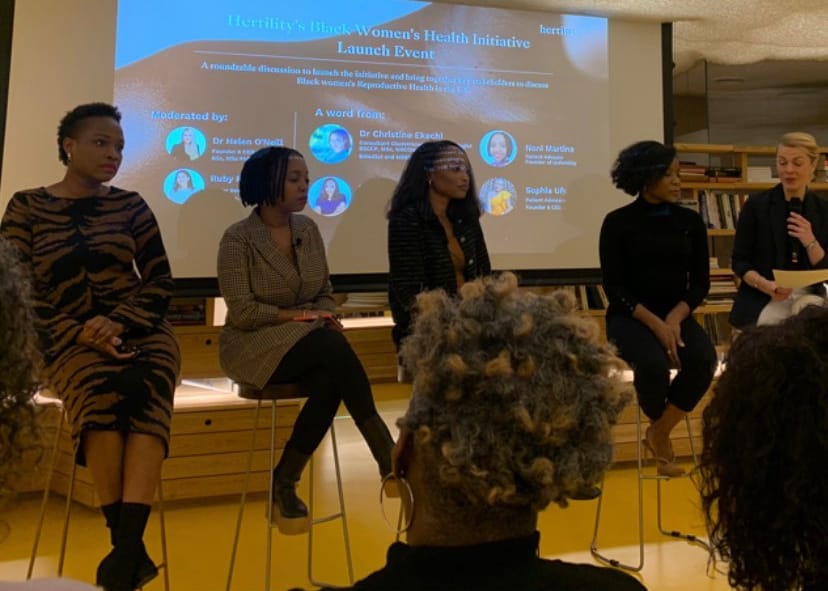
Founded by scientists and powered by an (all-female) research team, Hertility is a women’s health company on a mission to close the gender health gap and bring the latest reproductive science out of the lab and into the homes of all women worldwide. With at-home hormone and fertility testing, telemedicine services and specialist referrals for fertility treatments, Hertility is helping women get clarity on their fertility and reproductive health, from menstruation through menopause.
During the event, Hertility previewed the findings of their most recent research, delving into the inequalities experienced by different groups when accessing at-home fertility tests. They also announced the pending release of their latest research report, ‘The Inequality Report’, which addresses the reproductive health inequalities experienced by Black women in the UK.
For me, education is key, but knowledge is power—which is why this report is of the utmost importance. Firstly, it has the potential to give more Black women the tools they need to feel confident in healthcare situations where internalised stigma and systemic barriers have, historically and overwhelmingly, existed.
Secondly, for everyone else, and especially for those at the forefront of the healthcare system, it amplifies the voices of real Black women and the struggles and inequalities they face when it comes to their reproductive health and accessing healthcare services.
One of the crucial aspects of the work that Hertility is doing is listening to the real, lived experiences of women who use their services, taking those stories very seriously and then providing them with actionable, clinical solutions.
We spoke with a few women who’ve used Hertility to learn about their reproductive health journey and experiences, including what led them to seek support and fuel a desire to be better informed. One of the women we talked to was Mishika Britton—here’s her story:
“I decided to start my fertility journey when I was approaching 35. I wasn’t ready to have children, but I also had no idea how fertile I was and had always wondered if I was able to have children or not. I started using contraception when I was 19 and only took a full break from any hormonal contraception at 33. I thought it was time I started having regular periods and better control of my reproductive health for my future. Although I’d been careful when using contraception, having no slip-ups made me wonder secretly if I was infertile. I knew you can only get screened on the NHS if you are trying, so I assumed I would just have to wait until then.
I had also been thinking about egg freezing but hadn't fully investigated it yet. As I approached 35, I knew it was something I wanted to do as I was aware of the decline in egg count that occurs with age but I didn't want to feel pressured to have a baby just because of my biology. I know fertility is a sensitive subject, so I also felt a bit uncomfortable talking about all of this with friends, as I didn’t want my feelings to cause them to feel pressure about their own fertility.
I saw an Instagram AD for a Hertility at-home Hormone and Fertility test. I’d not seen any other company advertise these sorts of tests. I thought it was perfect. I went on their page and saw people of colour on the profile and this made me feel comfortable and reassured. The information was very clear on what was tested—up to 10 different hormones. I thought it sounded perfect and I booked and paid without hesitation.
The service was quick and my results were presented in an informative and intelligible way. I had a follow-up consultation with a fertility advisor on what I wanted to do next which was also useful.
I wish I’d known Hertility existed sooner. Luckily, my results were great and I felt so reassured, but it could have gone very differently! Honestly, the service was a godsend and I’m so grateful to them for helping me with my fertility journey. I would recommend anyone thinking about their fertility to do one of these tests—without it, I wouldn’t have known I could find out so much about my reproductive health before having children. Including hormones I did not know could affect my fertility. I did know that alcohol consumption, smoking and overall diet played a part, and I was conscious of having a healthy lifestyle, but I knew little about my hormones.
I also knew at this point that I wanted to freeze my eggs. The Hertility test allowed me to see if I had any issues in advance of this process. After completing one cycle of egg freezing with the London Women's Clinic, I was able to take my results from Hertility to them—which also meant I didn’t need to pay for extra tests.
Being able to test in the comfort of your own home and wait for results privately (via email) is wonderful and, honestly, liberating. I felt fully in control of my life, and it minimised any shame I could have felt waiting to hear these results face to face.”
Mishika’s story is just one of many. Lack of knowledge and assumptions about Black women lead to misdiagnoses and worse outcomes—these must be challenged if we want a fair healthcare system. For example, for Black girls and women, negative experiences with menstruation may be further compounded by false societal perceptions of their inability to experience pain rooted in racism, making it difficult to seek help or trust healthcare providers.
Black women are more likely to develop certain reproductive health issues such as fibroids, and a lack of research into how various reproductive health conditions affect Black women means that there is also limited knowledge on whether Black women need different treatment or management.
But companies like Hertility are building the foundations for a change in the healthcare system that is so desperately needed.
‘The Inequality Report’ is a comprehensive analysis looking at the entire reproductive life course of Black women. This report is a collection of published scientific literature, years of clinical expertise and the individual stories of Black women—bringing conversations that often remain silenced within clinical settings, and obscured by scientific jargon, to the women who need this information the most.
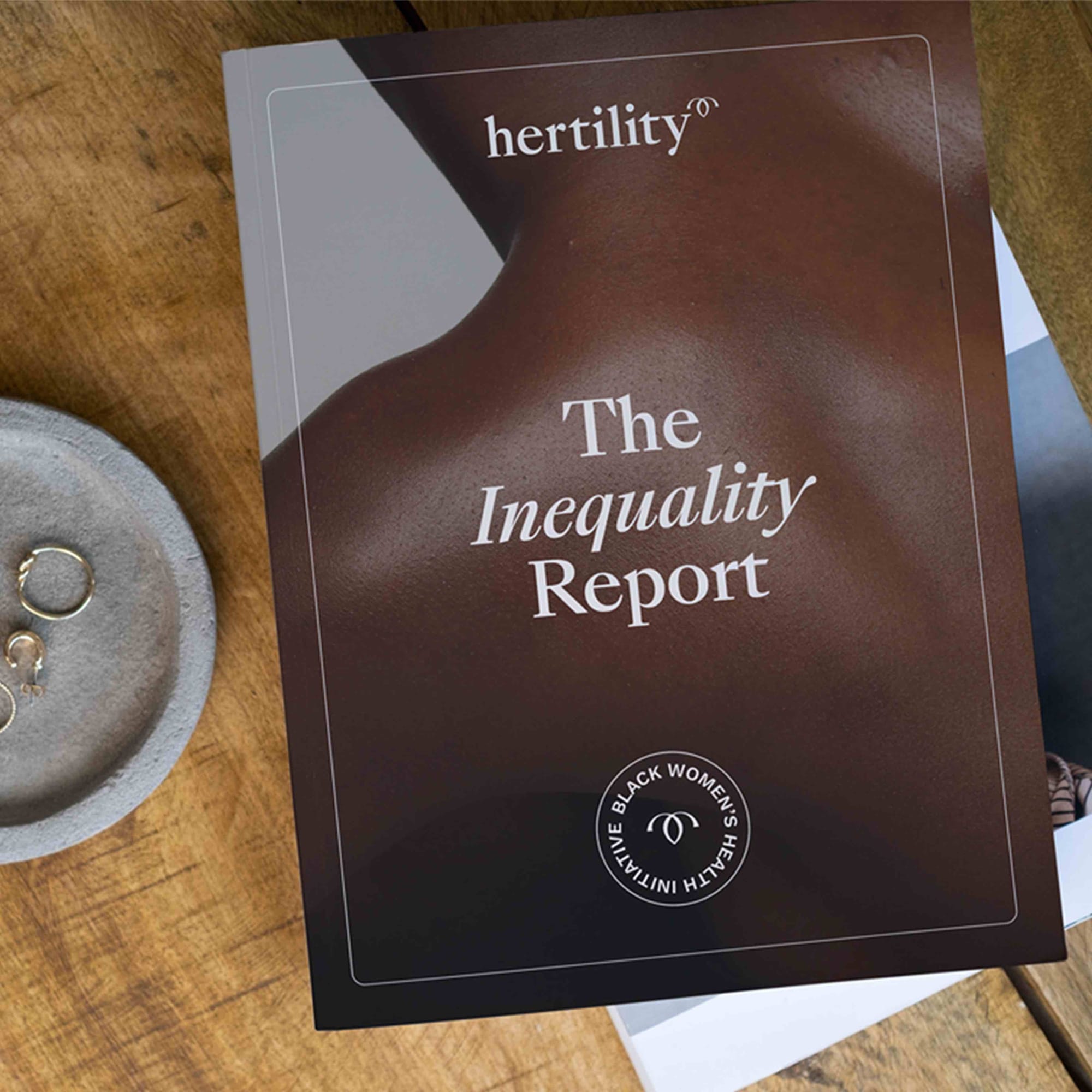
Covering the entire spectrum of reproductive life, the report not only highlights the current and historical issues faced by Black women but also provides direction and details, specifically what’s needed next in research, advocacy, education and action.
It was great to be a part of this report and to work with Hertility’s Black Women’s Health Initiative. As a Black woman, I am aware and have lived experiences of the consequences of the dearth of awareness and support for Black women’s healthcare.
In order for better welfare and solutions to address such issues it is important to hear from the lived experiences of women to ensure that research, decisions and solutions have black women at the core.
You can read more about Hertility’s Black Women’s Health Initiative and their commitment to driving change and download the report below:
You can download a more extensive copy of this feature article below:
In partnership with Hertility, our community can now purchase a Hertility at-home hormone & fertility test with a 10% discount. To access this enter the code VIOLETSIMON10 at checkout.
Invest in your health and get tested below:

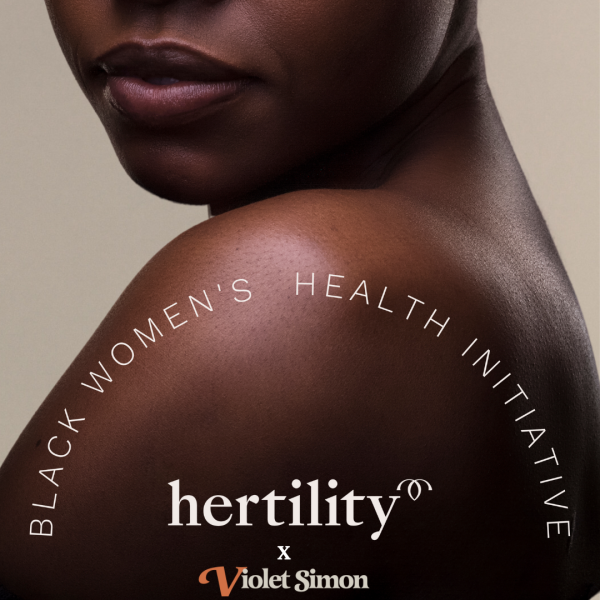



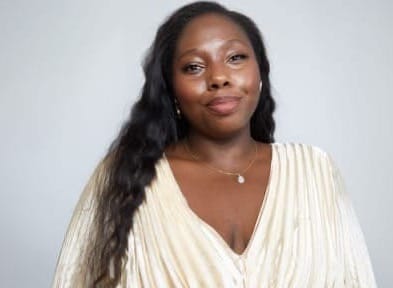
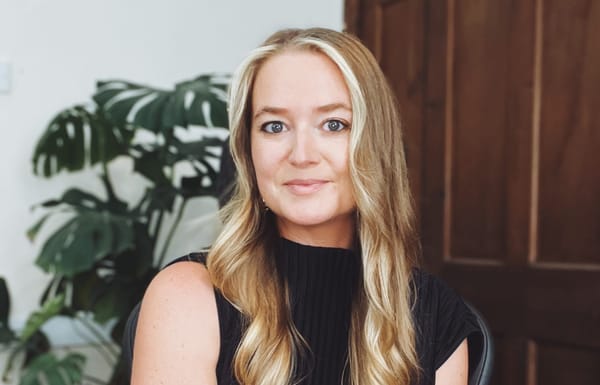

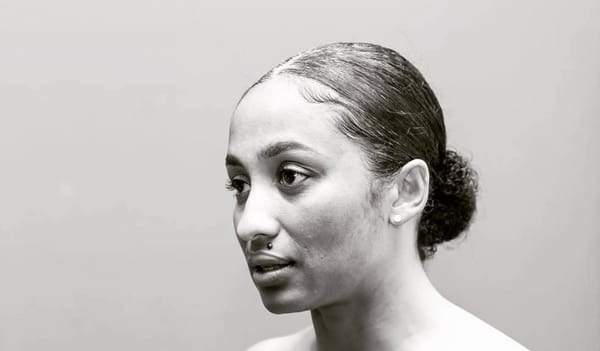
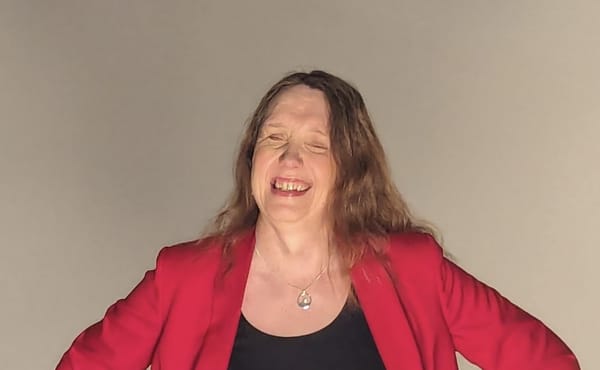
Member discussion